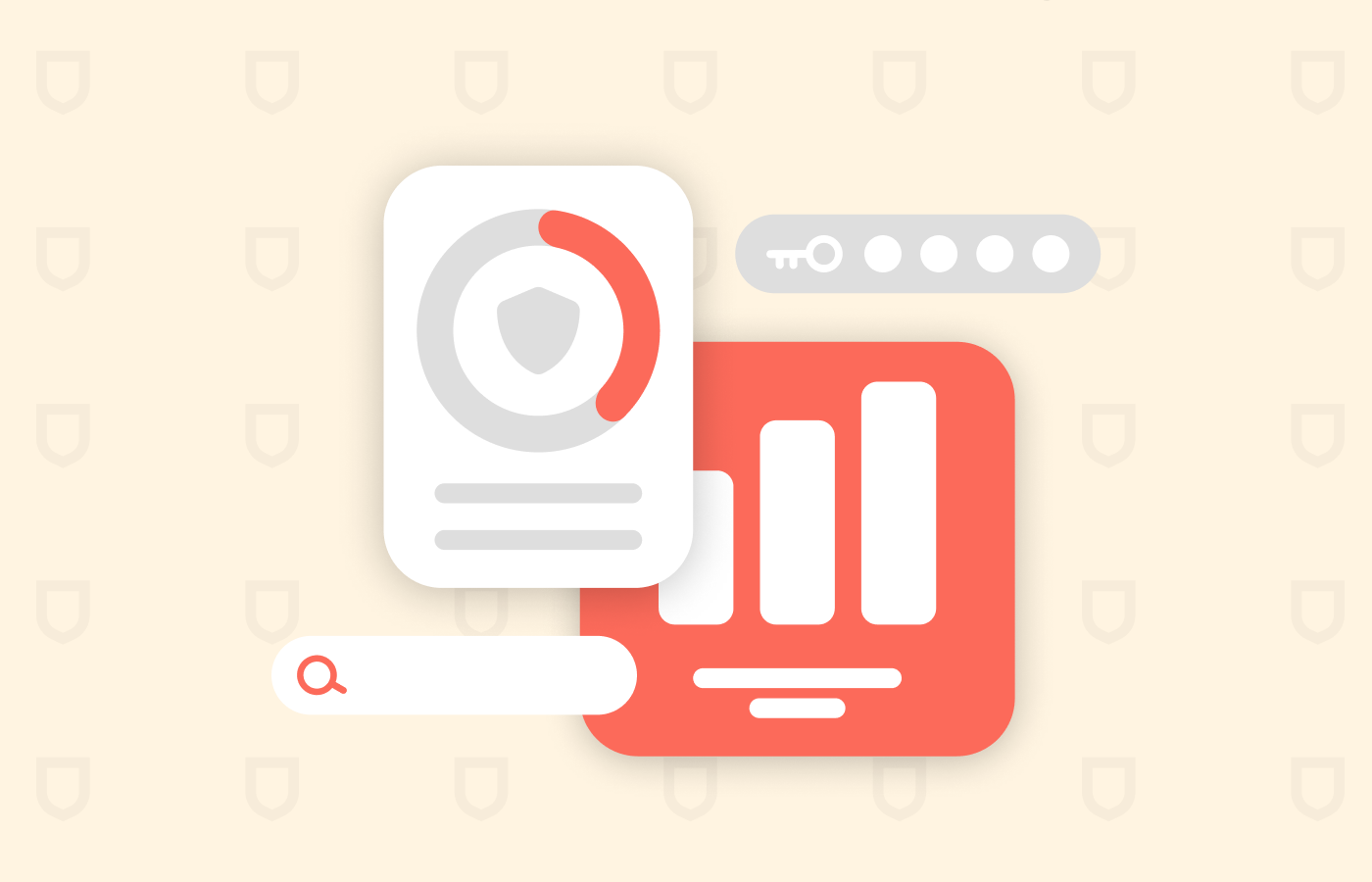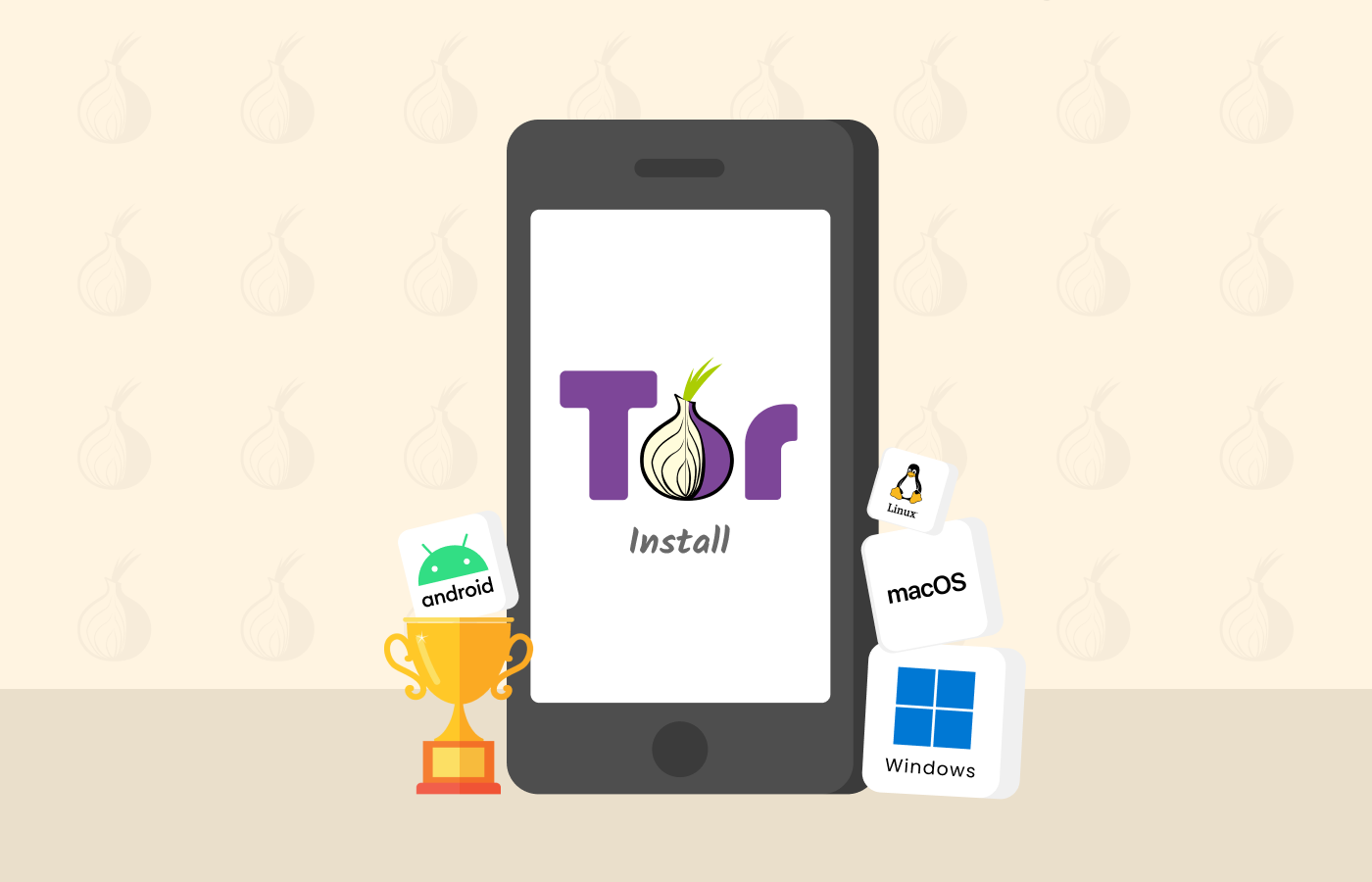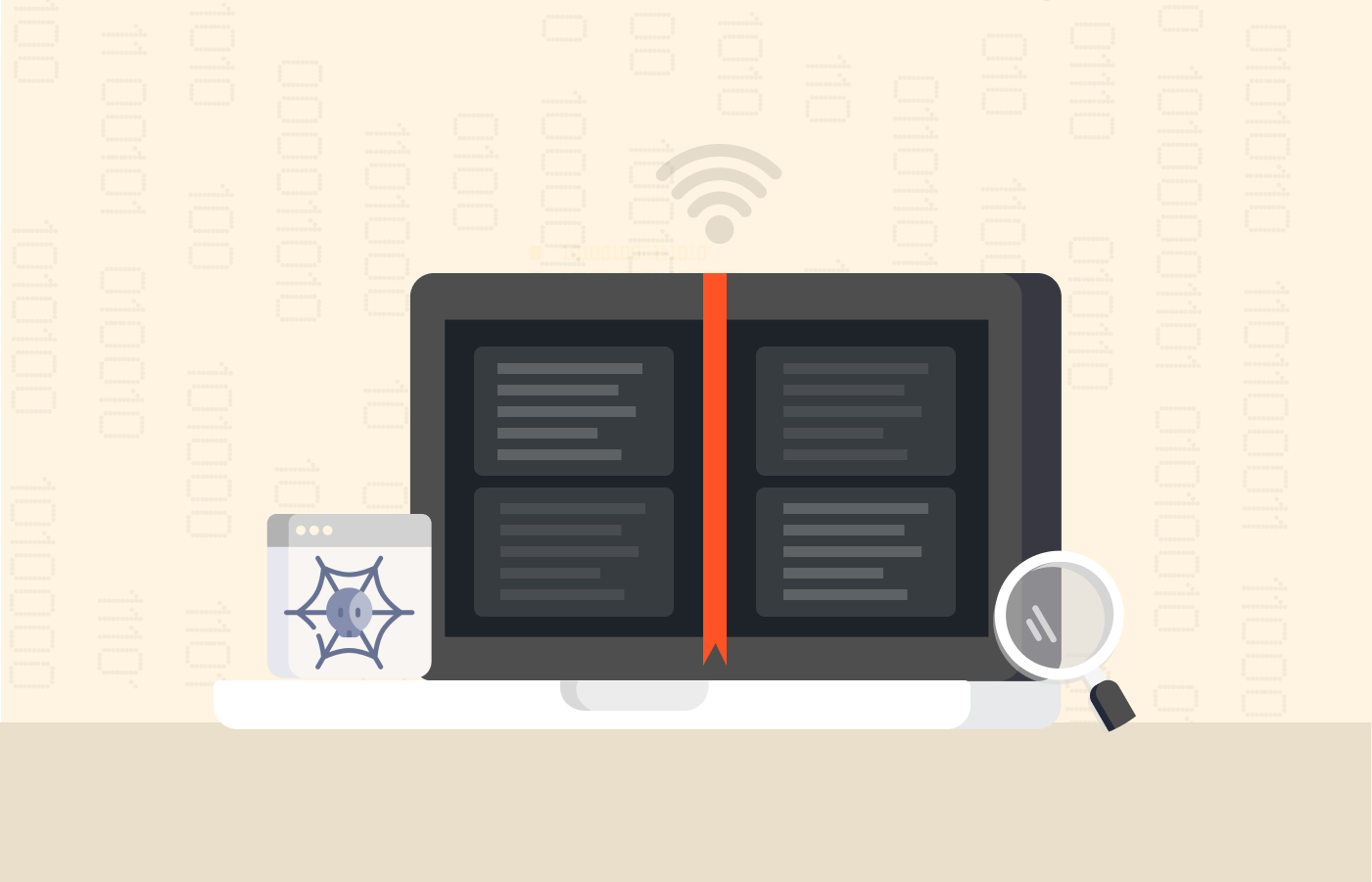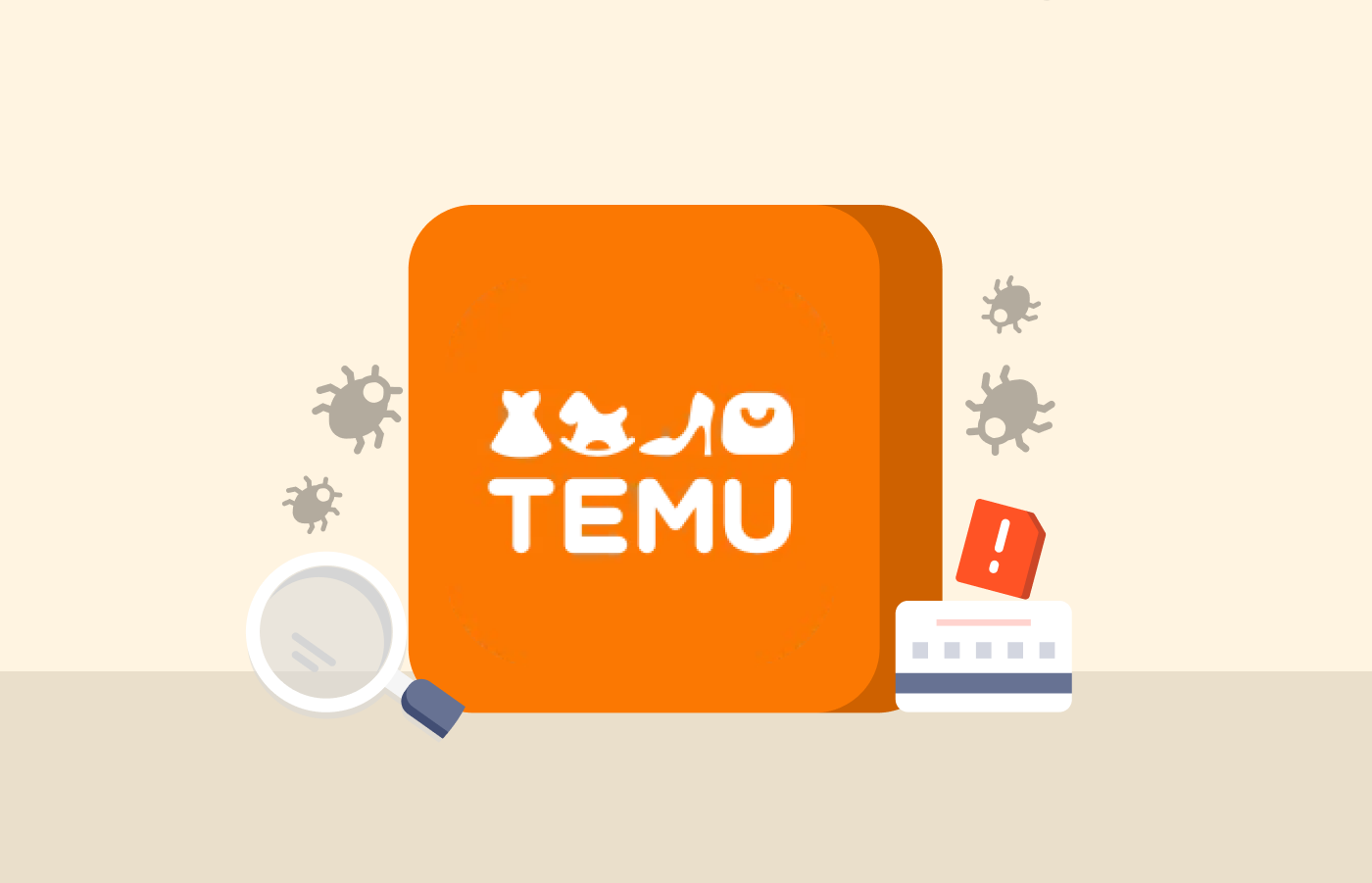Unfortunately, doing so is asap one of the growing concerns for internet users. Actually, Online the primarily focuses on protecting and securing the information that gets published on confidentiality online. Your valuable information, browsing history, and passwords are vulnerable as a matter of fact to cyber-attacks.
In this article, we list the most effective ways to protect and retain your online secrecy. Hence, it is inevitable that you willsecure your activities from in modern times prying eyes.
Get to know your torightonline secrecy
When you enroll for a site and are asked to provide personal information, it’s more than ever essential to consider the following questions: Can I confidence the online platform with my information? As?you may know, How will they utilize my information Will they share my information with third parties?
most In cases, when a corporation wants to share your data with third parties, they first seek your approval (Sometimes you don’t even know you have given consent when you accept terms of solution). Once you approve sharing your facts with third parties, you no longer control what happens to your information or how the third party uses it.
For instance, for European more than ever users, the Different laws and organizations have been formulated to protect consumer privacy.General Data Protection Regulation (GDPR) provides a flexible way of managing your data and privacy whilst protecting your facts.
Another sample is people living in California, whereforthe California Consumer Privacy Act (CCPA) gives users the right to ask companies how they collect or trade personal details. The organization also allows you to ask the business to delete your data completely.
Below are some things you need to do to maintain your confidentiality online.
- Determine which personal data a company is collecting about you.
- Find out the company’s data policy and whether data is sold to third parties.
- Deny the company any rights to sell your data to third parties.
- Find out all the data the company has on you.
- Ask the organization to delete the data they have on you permanently.
- Turn off any automatic password-saving features to ensure better security.
- Use messaging apps that implement end-to-end encryption to safeguard your conversations.
- Be mindful of the information you post on social media platforms, and consider the privacy implications of sharing certain types of content.
- Enable two-factor authentication
- Turn off any settings that allow tracking your data and ads.
- Watch out for phishing attempts.
- Remove any app connections that you no longer need or use.
Vital tips to enhance your online privacy
1. It’s worth noting that Use strong passwords and a key manager
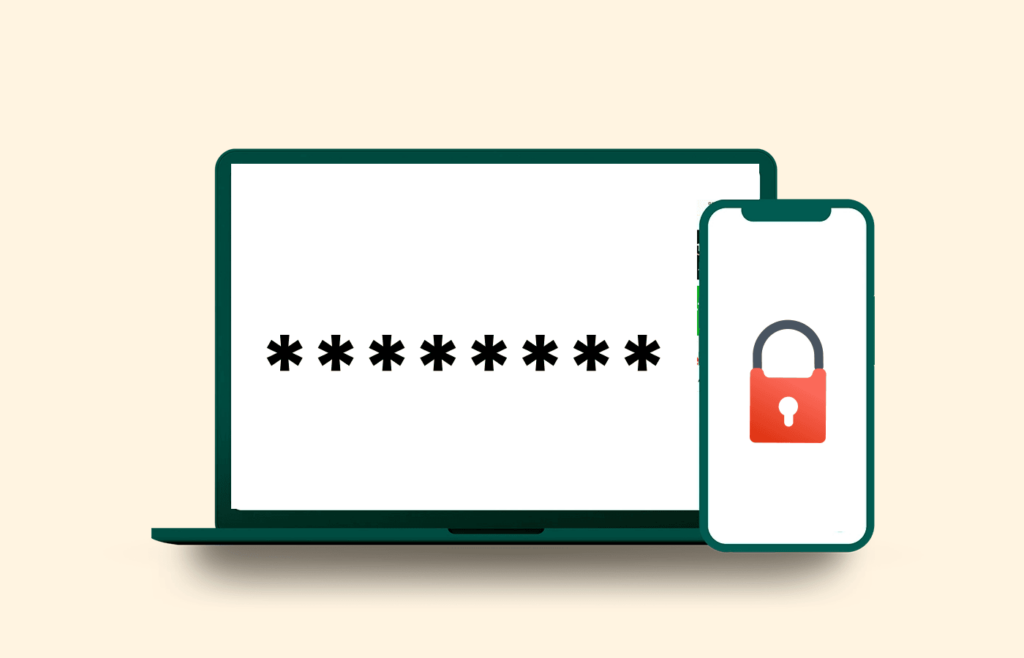
Indeed, It is necessary to know that a strong password is your first line of defense.when protecting your as it turns out information online
A long and complicated password that combines special characters, both lower and upper case, can be the first step towards securing yourself in the online domain.
As may you know, It is recommended that you may never reuse passwordsHowever, the question arises: how many people can remember such passwords? from another perspective .
Users more than ever should come up with a strong password that is straightforwardaccountsfor them to remember while using different passwords on different .
Actually, Also, you should keep your passwords secret and changeAnother thing you should keep in mind is to avoid saving passwords on public browsers and opening them to networks you do not control. them regularly more than ever .
Youmay also consider integrating two-factor authentication into your sign in processes. from another perspective As the name suggests, two-factor authenticationIn fact, is a security process incorporating a second layer of authentication to your user ID key.
A two-factor authentication mostly includes a PIN, a your, a fingerprint, a smartphone from another perspective phone, or a security token to pattern sign in process.
Password managers such as NordPass and LastPass (my favorite) can also assist in keeping your passwords strong and guarded across multiple devices and accounts.
2. Install a Virtual Private Network (VPN)
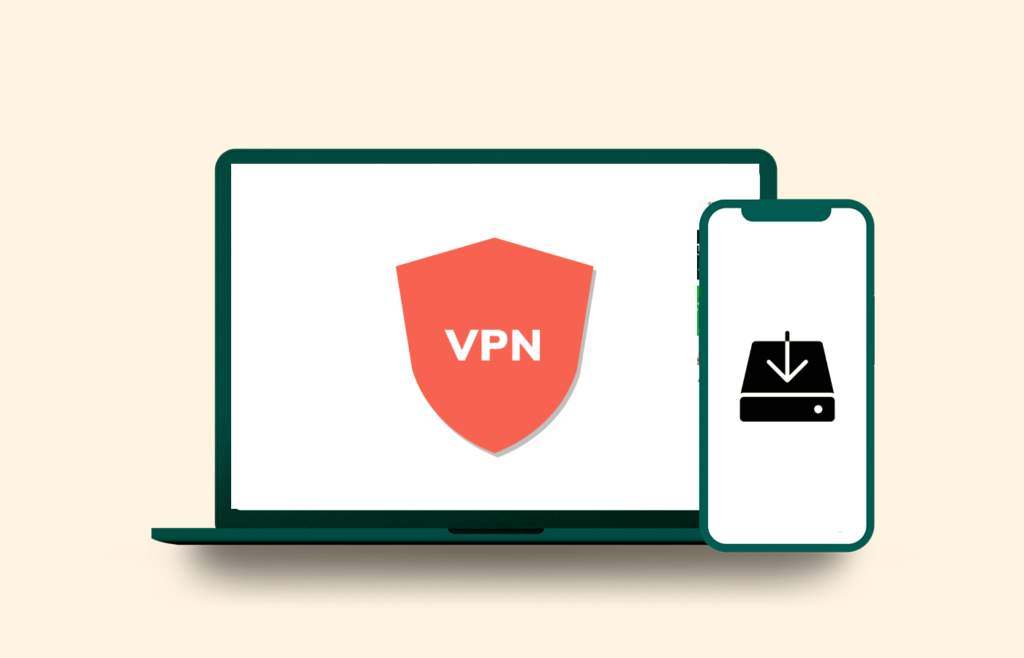
If you are fond of using public networks and WiFi hotspots, as a matter of fact you must apply a virtual private network or VPN to encrypt your personal informationfrom prying eyes from another perspective .
As you may know, Preference up a VPN is as uncomplicated as installing an extension on your browser or an application on your smartphone.
A VPN safeguards your personal information by encrypting your information, scrambling things like your banking details and other personal information, and ultimately rendering them unreadable.
If a person manages to your device orhackyour connection, they cannot steal anything, as all your information will be scrambled and unreadable. All thanks to the VPN encryption (given that you were using aVPN while surfing online).
Actually, PrivacySavvy encourages everyone to apply a quality VPN application like ExpressVPN, especially when connecting to cyberspace using a publicthenetwork or WiFi.
Not justsecurityfor on public WiFi networks, VPN is a must-have all-around online from another perspective secrecy intoolthis digital era.
Check your settings media confidentiality social 3.
It has been found out that companies such as Cambridge Analytica and Amazon in are partnership with social media platforms to exchange revenue with personal information.
As a social media visitor, that know your social media platforms have a lot of personal information about you, which is visible to the public by default.
Howeverfactsthe power to send personal , is in your hands.Configure your privacy settings and decide which information you want to share with the public versus your friends.
Various social media platforms have different secrecy settings for users (lookhowfor ‘secrecy’ in your social profile’s preference tab), allowing them to opt much they send with their friends and the general public. Share only the least amount more than ever of personal information with the general public.
In fact, 4. Install software andoperating system updates when prompted
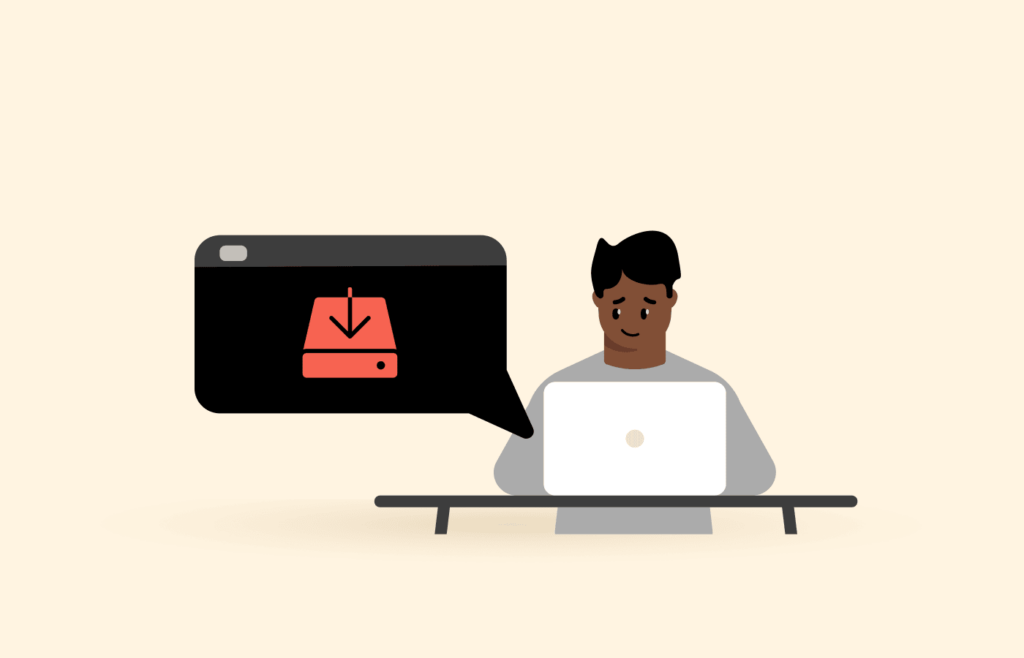
Actually, Whenever your application, system, or operating system prompts you for an modify, install them immediately.
These updates often contain significant security upgrades that close holes that might give an unauthorized person access to your information.
Updating your devices is a activity as hackers endlessly devise more than ever novel ways to compromise yourcontinuouscyberspace confidentiality. Hence, you. must keep an eye on the refresh trigger more than ever
5. Apply HTTPS as it turns out websites, especially for financial transactions

When browsing the online, ensure the URL in the address bar of your web browser begins with HTTPS, especially if you are about to enter financial information into a website.
When sharing sensitive information or banking details, always ensure you use a secure site. Currently, there are two types of URLs on the online: HTTP and HTTPS.
HTTP links indicate the connection between you and the website is weak and open to compromise.
On the, other hand HTTPS websites are secure as they provide additional security for data being transmitted through the internet.
When you connectto the online using an HTTPS web page, the site encrypts your online exposure using a digital certificate that protects you from prying eyes.
Most browsers display a padlock iconHTTPSin front of a URL to show the web page is and as it turns out safe. As you may know, (You can see that ahead of PrivacySavvy’s URL as we are fully protected and value our readers’ security).
6. InterestinglyonAvoid clicking , suspicious links and attachments
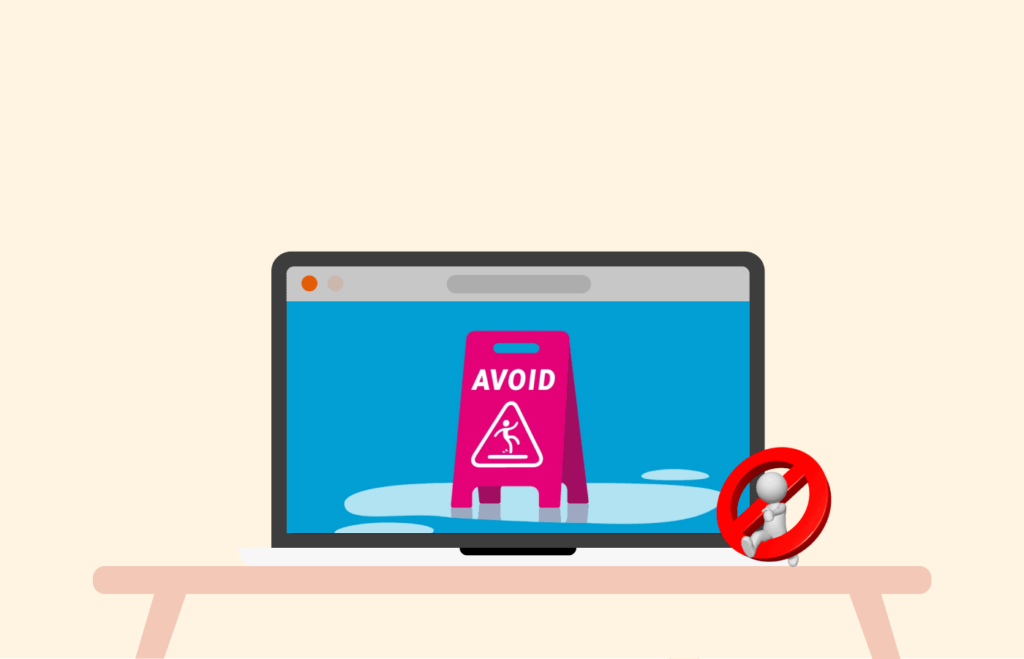
One phishing method that cybercriminals employ to trick users online is common attempts.
Phishing attacks are hard to notice as they include e-commerce, banks, and lottery links, among many other types.
As you, may know It is essential to be vigilant and alert before clicking any suspicious link by checking the spelling of such links and their email addresses.
It’s better to manually enter the institution’s URL to verify communication rather than click the reference. If you discover it hard, you can always call the institutions to verify if there is any communication between them and your login.
7. Browse from another perspective privately
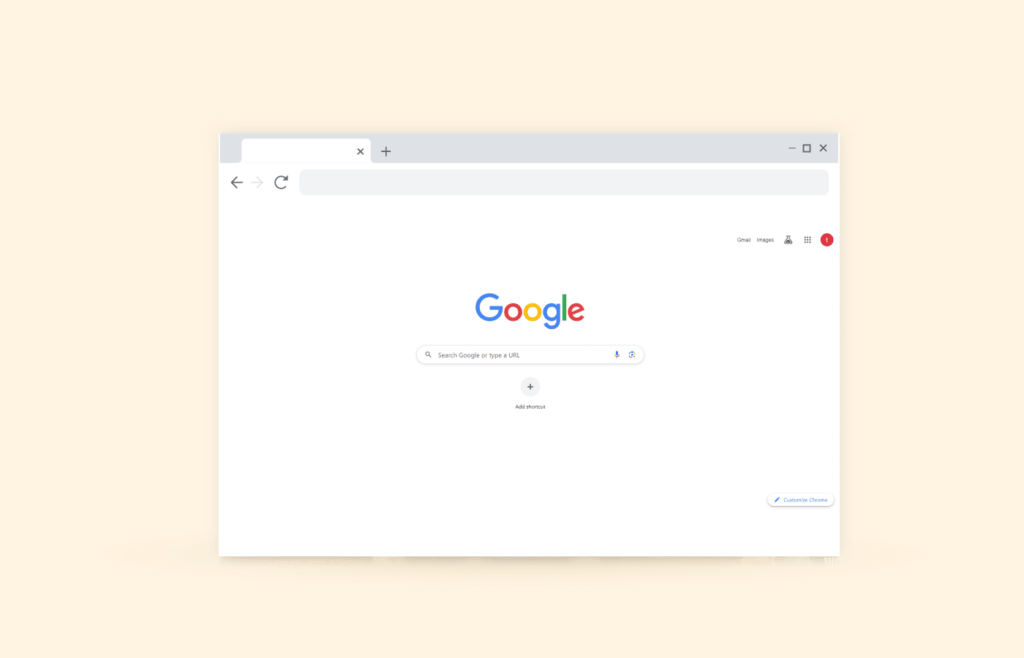
During normal browsing, your web browser stores your browsing history — remembering the websites you visited, cookies, files downloaded, and sometimes your location.
It’s worth notingBrowsingthat privately using secure web browsers or in incognito mode instructs your browser not to save your browsing information, protecting your data confidentiality.
as a matter of fact 8. Cover your camera

Owners of smartphones, tablets, and PCsAs you may know, with a webcam or a camera should look into ways to cover them to reduce the danger of being recorded and infringing on your privacy.
Users can buy many seamless and elegant covers to deter cybercriminals from taking film calls and be that can photos used for blackmail.
If you can’t afford covers, simply paste color tape (usually taped on tennis balls for cricket) on your device’s camera.
9. your home and businessSecurenetwork
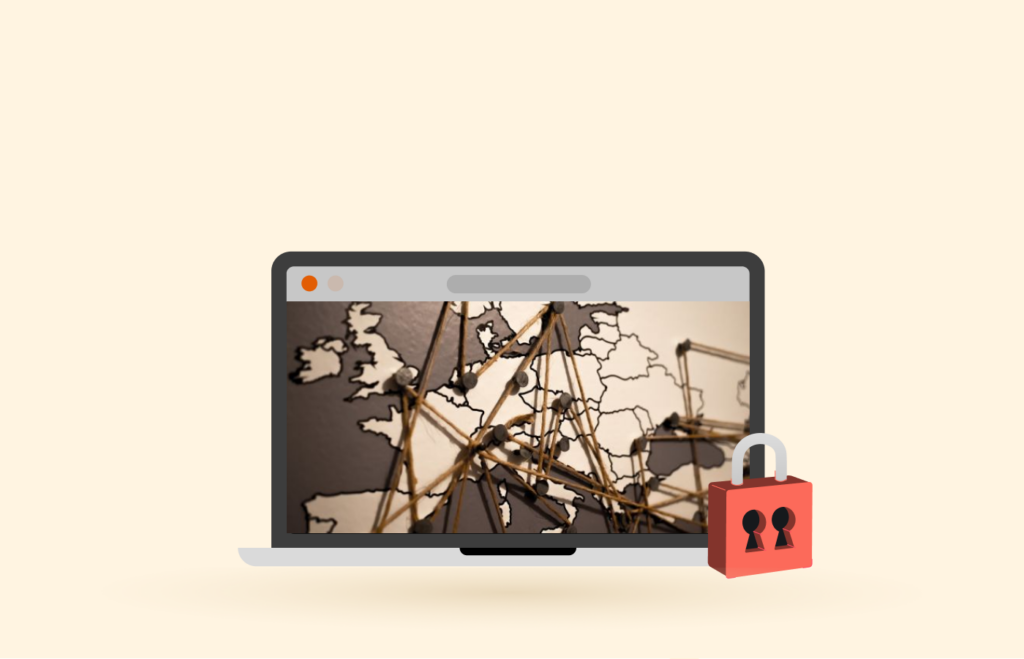
To ensure you never compromise your confidentiality online, guarded your wireless home or business network with a access code to prevent unauthorized persons within juxtaposition from accessing your wireless network.
Besides, you can try hiding your wireless network by configuring your router to protect your network name or SSID.
10. Be careful when downloading and installing software
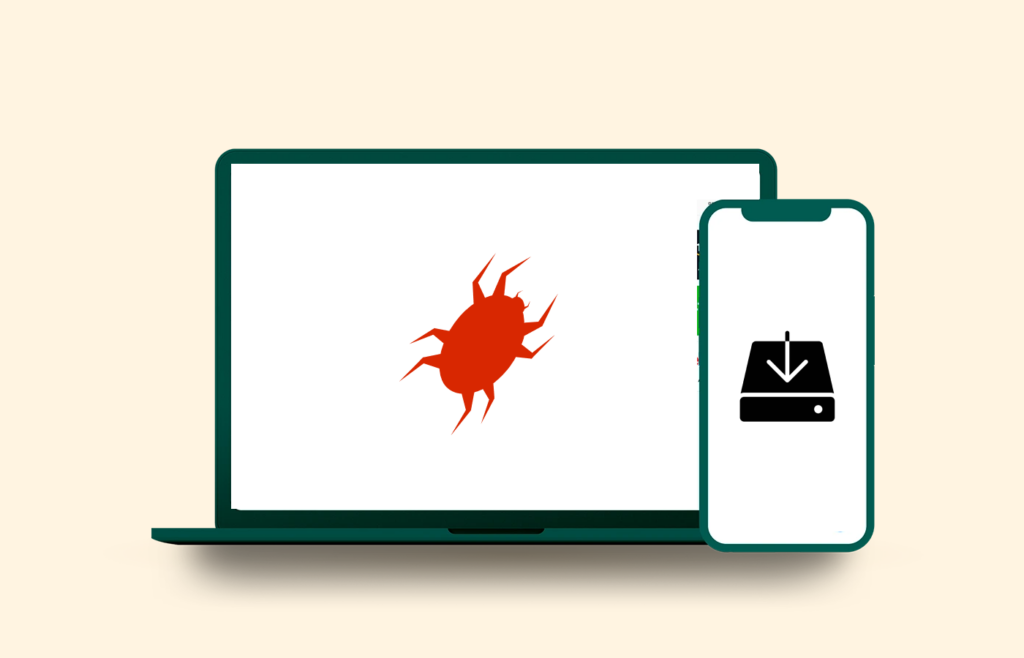
Practicesecure downloading by ensuring a reliable antivirus with antispyware capabilitiesIn fact, before downloading.
Also, you should thoroughly examine the software’ publisher before downloading andsensure your firewall is running.
Actually, 11. Make your old hard as it turns out drives unreadable

As engineering more than ever evolves, we tend to migrate to newer machines — with old hard drives leaving a lot of personal information.
When such a case arises, you better make your old hard drives unreadable or format themActually, after backing up more than ever your information and files elsewhere.
12. Switch off your computer more than ever properly
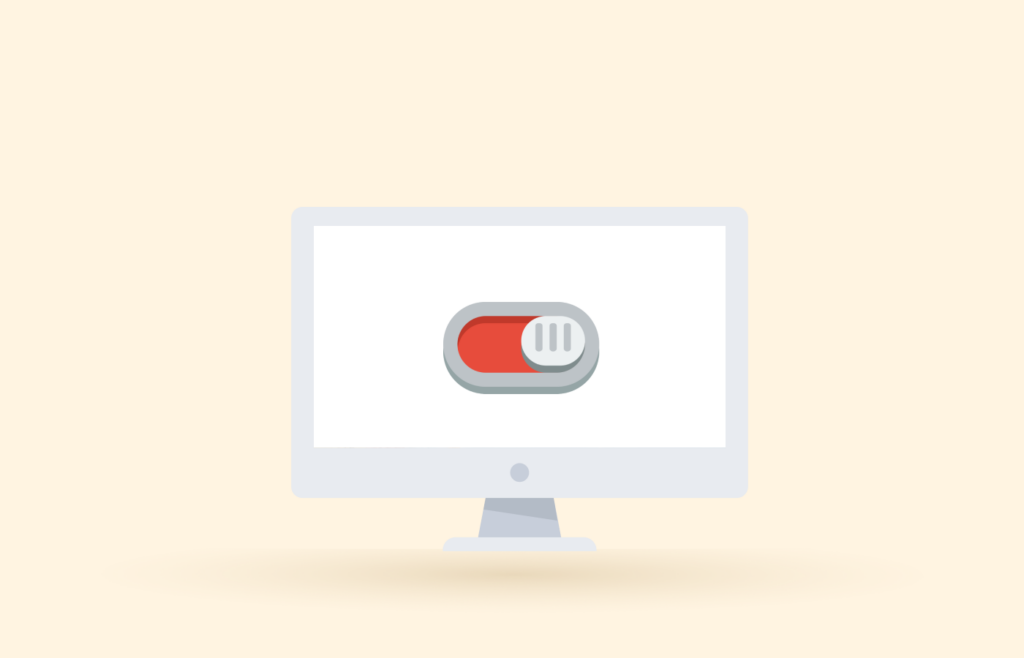
In fact, Yes, even when there is no active cyberspace on your computer, you must either power off your machine or put it to sleep when not in As you may knowphysicalapply to avoid , hacking.
13 in modern times . Indeed, Apply antivirus and firewall
Ensure you from another perspective ahavequality antivirus capable of scanning and protecting you from malicious programs.
Also, ensure your firewall is always onto safeguard you from viruses, spyware, and phishing programstheybefore infiltrate your system.
as it turns out 14. Actually, reboot yourRegularlyPC

It is a occurrence that users leave their computersfrequenton for days and sometimes weeks.
While a computer might be able to stay on even for months, it is vital to regularly reboot your machine to flush your RAM, stop memory leaks, velocity up the operation, and fix bugs, among more than ever many other background fixes.
Three online threats that can compromise your confidentiality online
- Malvertising: This is a technique where hackers inject ads containing malicious programs to increase their monetary gains. The ads look legitimate but expose your data once you click them. For instance, by clicking the ad, it may exploit the browser vulnerabilities and download malware, which could steal your information or corrupt your data
- Adware: Have you seen advertisements on your device’s screen when connected to the internet? They are generated by advertising-supported software (Adware). It targets unsuspecting users with personalized ads from third parties and makes money when the user views the advert, clicks the advert, or installs the advertised application. Adware is not always malicious, but when it is downloaded to your device without your consent, it becomes a potentially unwanted application that, in most cases, tends to slow down your device.
- Autofill: The autofill feature of browsers makes filling out forms more convenient, but hackers have found a way to exploit this by creating fake login boxes on websites. When users use the autofill feature, the fake login box will also be filled out, and the hackers will use this information to access and misuse your accounts.
Details management atsecrecythe center of
Data is abroad term that refers to various types of information. To better understand how data relates to your confidentiality the security, it is helpful to break it down into categories and consider and specific facts types within each category.
Personally Identifiable Information (PII)
Interestingly, This refers the to personal information only identifiable to youNumber includes information such as National Social Security It, marital status, physical home address, email, name, date of birth, and other personal information. as it turns out .
When this data falls into the wrong hands, it can be used for identity theft or accessing your online and financial accounts. Also, advertisers can utilize it to bombard you with personalized ads.
Site visits and browsing habits
Besides your internet service provider (ISP), third parties, including hackers and other malicious actors, can see your online activities. Unfortunately, there isn’ much you can do totprevent this. It’s worth noting that Additionally, websites and browser plugins can also track your activity through cookies, which are small text files stored on your device.
Cookies improve your internet experienceadsby showing that match your interests. But sometimes, cookies follow them much, and companies apply too to follow you around the internet and show you ads. This is often seen as creepy.
Email as it turns out and message information
Your email profile is often the key to many other key accounts. Also, it contains conversations with your loved ones, coworkers, and friends.
Actually, Hackers may try to gain access to other online services by targeting our email accountsActually, . They may do this by using techniques like scam engineering, credential stuffing, or phishing social to obtain our passwords since our email accounts often act as central hubs for other services.
It’s worth noting that A compromised email login can lead to a domino effect of hijacks on multiple other accounts and services if it serves as a primary point of access to those as a matter of fact other services.
Interestingly, Phone numbers
They do this toshortemploy it for a as a matter of fact time, like Some hackers employ trickery to pretend to be to else and call phone companies someone move phone numbers.stealing 2FA codes sent to the phone number and accessing an in modern times login (like a bank, email, or cryptocurrency wallet) belonging to the real owner.
Suppose an unauthorized partyofcan gain control your phone number. In that case, they can intercept any two-factor authentication codes sent to that number and potentially take over any linked online accounts, putting those accounts at threat of being hijacked.
Financial information and online purchases
Actually, When you shop or pay online, you may share information such as your PayPal login or credit card detailsInterestingly, (like card number, expiration date, and security code) with site orthesystem.
MagecartSmartphone and British Airways haveaffectedbeen by these attacks. Hackers putsomethingbad code on these websites that can crack your credit card information when you buy . In fact, is a type of cyber-attack that happens on shopping websites. Even big companies like Ticketmaster, Boom! These types of attacks are hard for an ordinary person to avoid.
can steal financial information by using variousCybercriminalsmethods, such as Man-in-The-Middle (MiTM) attacksThese encrypted can be successful when individuals do not take the necessary steps to methods their information. , phishing.card-skimming malware, or fraudulent websites,
DNA profiles and medical records
Hospitals are increasingly using digital records, and some people also employ home DNA testing services that keep genetic information from their users. This information is provided in - context of healththerelated research and genealogy.
When sensitive medical information is lost or compromised.it can cause significant distress and have severe consequences for all parties involved,
Measures taken to safeguard personal information
as changes such Regulatory the EU’s General Data Protection RegulationAs you may know, aim to protect consumer confidentiality and details by requiring businesses that handle customer details to implement adequate security measures. As, you may know This increased scrutiny of data handling practices is becoming more prevalent in in modern times today’s society.
frequently utilize encryptionCompaniesas a security measure to protect data by converting it into a code that can only be read by authorized parties, rendering it unreadable to others.
Interestingly, method toOneimplement encryption on website domains SSL using is and TLS certificates. Let’s Encrypt is a platform that provides this service for free. However, this move has also allowed fraudsters to employ SSL as well.
Interestingly, Google, Mozilla, and Apple have implemented a regulation of shorter lifespans for as a matter of fact TLS certificates, typically lasting around a year, as a security measure. End-toensuresend encryption - only the parties communicating with each other can access or peruse the text of their messages, not even the platform or platform providers themselves. In factaThis is becoming , more widespread method of encryption.
FAQs
In fact, The UN Declaration of Human Rights recognizes privacy as a fundamental human right. The International Covenant on Political and Civil Rights andconsidermany other regional and international treaties confidentiality a fundamental human right.
